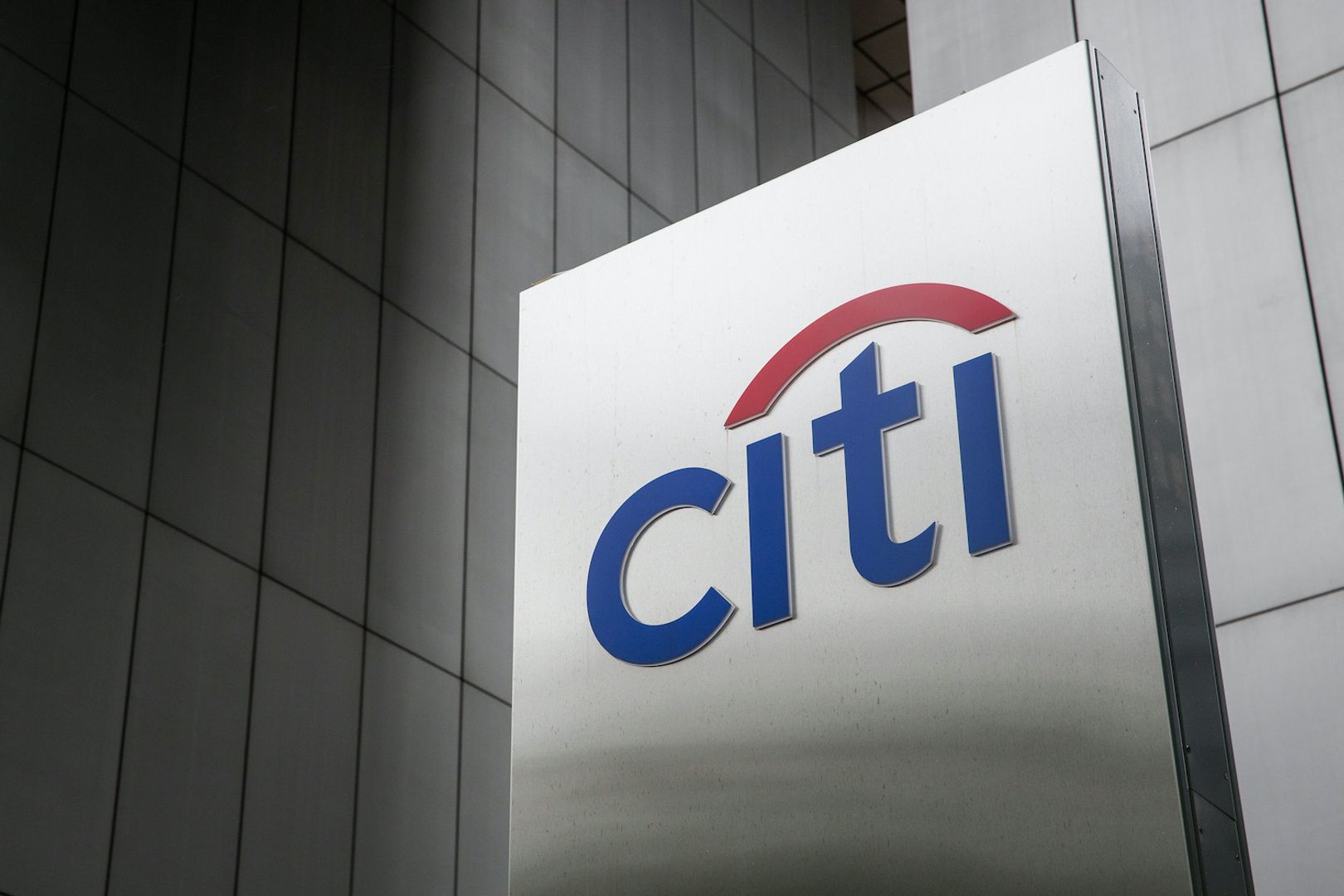
The global post-trade industry is entering a new phase of transformation driven by digital assets and AI, according to Citi’s latest “Securities Services Evolution” whitepaper.
The bank’s fifth annual survey, which gathered input from 537 market participants including custodians, broker-dealers and asset managers, highlights how tokenization, accelerated settlements and AI-driven automation are reshaping trade processing.
Citi estimates that by 2030, 10% of market turnover could be conducted through tokenized assets. The report points to bank-issued stablecoins as the main enabler, helping with collateral efficiency and fund tokenization. Asia-Pacific is already leading adoption, thanks to strong retail interest in crypto and regulatory support for digital assets.
The use of AI will further drive post-trade efficiency, the report states. Some 86% of surveyed firms say they are testing the technology for client onboarding as the key use case for asset managers, custodians and broker-dealers. A further 57% indicated that their organizations are piloting the technology for post-trade specifically.
Speed and automation are a priority, Citi said, as the post-trade industry faces the cumulative workload of moving to T+1, a standard settlement cycle for securities transactions where the trade is settled one business day after the trade date.
“From accelerated settlements to automation in asset servicing, and increased shareholder participation and governance, the collective vision of firms worldwide is converging on the same core themes. The industry is at the cusp of significant change as market participants intensify their focus on T+1, accelerate the adoption of digital assets, and implement GenAI across their operations,” said Chris Cox, Head of Investor Services, Citi.
免责声明:本文章仅代表作者个人观点,不代表本平台的立场和观点。本文章仅供信息分享,不构成对任何人的任何投资建议。用户与作者之间的任何争议,与本平台无关。如网页中刊载的文章或图片涉及侵权,请提供相关的权利证明和身份证明发送邮件到support@aicoin.com,本平台相关工作人员将会进行核查。




